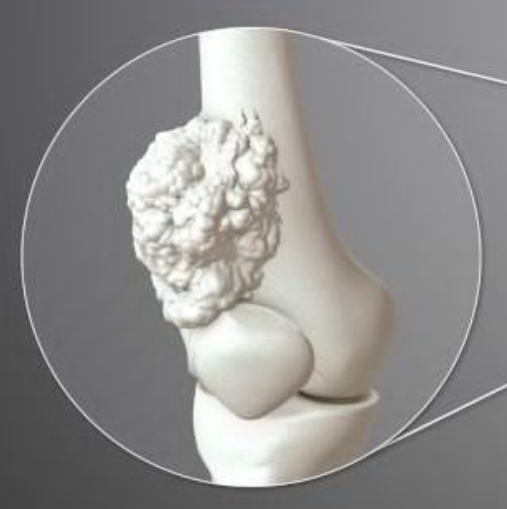Hormone Therapy for Bone Cancer
How Hormone Therapy Works
Hormone therapy works by blocking the effects of hormones or reducing their production in the body. This can help slow or stop the growth of cancer cells that are fueled by hormones. The specific type of hormone therapy used will depend on the type of bone cancer and the individual needs of the patient. Some common types of hormone therapy include:
1. Aromatase inhibitors
Aromatase inhibitors are used to treat bone cancer that is hormone receptor-positive, meaning that the cancer cells have receptors that allow them to use estrogen to grow. These medications work by blocking the enzyme aromatase, which is responsible for producing estrogen in the body.
2. Gonadotropin-releasing hormone (GnRH) agonists
GnRH agonists are used to treat bone cancer that is hormone receptor-positive in premenopausal women. These medications work by blocking the production of estrogen and other hormones that stimulate the ovaries.
3. Anti-androgens
Anti-androgens are used to treat bone cancer that is hormone receptor-positive in men. These medications work by blocking the effects of testosterone, which can fuel the growth of cancer cells.
Benefits and Risks of Hormone Therapy
Like all cancer treatments, hormone therapy comes with both benefits and risks. Some potential benefits of hormone therapy for bone cancer include:
- Slowing or stopping the growth of cancer cells
- Reducing the risk of cancer recurrence
- Relieving symptoms such as pain
However, there are also some potential risks and side effects of hormone therapy, including:
- Hot flashes
- Fatigue
- Nausea
- Bone loss
- In rare cases, an increased risk of blood clots or stroke
FAQs
1. Is hormone therapy a cure for bone cancer?
No, hormone therapy is not a cure for bone cancer. It is a treatment option that can help slow or stop the growth of cancer cells, but it may not eliminate them completely.
2. How long does hormone therapy last?
The length of hormone therapy treatment will depend on the type of bone cancer, the individual patient, and other factors. Some patients may receive hormone therapy for several months or years, while others may continue treatment for the rest of their lives.
3. Will hormone therapy cause hair loss?
Hormone therapy is not known to cause hair loss as a side effect. However, some other cancer treatments, such as chemotherapy, can cause hair loss.
4. Can hormone therapy be used with other cancer treatments?
Yes, hormone therapy can be used in combination with other cancer treatments, such as chemotherapy or radiation therapy. Your healthcare team will determine the best treatment plan for your individual needs.
Conclusion
Hormone therapy can be a valuable tool in the treatment of bone cancer, especially for patients with hormone receptor-positive tumors. While there are potential risks and side effects associated with this type of therapy, it can also provide significant benefits in terms of slowing or stopping the growth of cancer cells. If you have been diagnosed with bone cancer, talk to your healthcare team about whether hormone therapy may be a good option for you.

